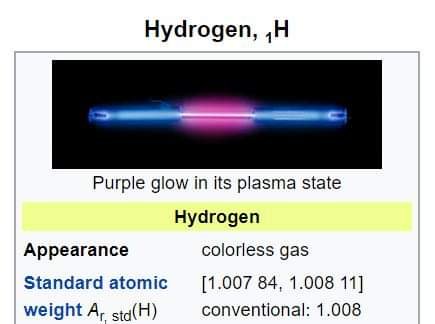Colourification of an Atom and the Stars - Alternative Quantum Chromo-Dynamics
This is so cool, I can identify and accurately colour the interactions of particles within the sun.
One proton + one electron and no neutron
Proton =
2 up quarks (red)
1 down quark (yellow)
Nucleus is reddish orange due to the missing neutron that normally stabilizes nuclei.
Electron = blue
If electrons are blue, why is the sun not brownish purple?
A proton is extremely large compared to an electron, therefore no blue nor purple sun in our solar system.
However, this does provide direct correlation to light frequencies (colour wavelengths) expressed by the interactions of particles within a star.
Which atom is described by the previously considered conditions?
The very first one, Hydrogen. We happen to know that it provides purple and ultra-violet wavelengths more than most atoms.
..I found that Wikipedia has a nice photo of Hydrogen gas in an excited state, a beautiful colour (affirmative signal).
